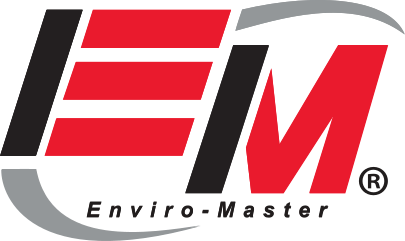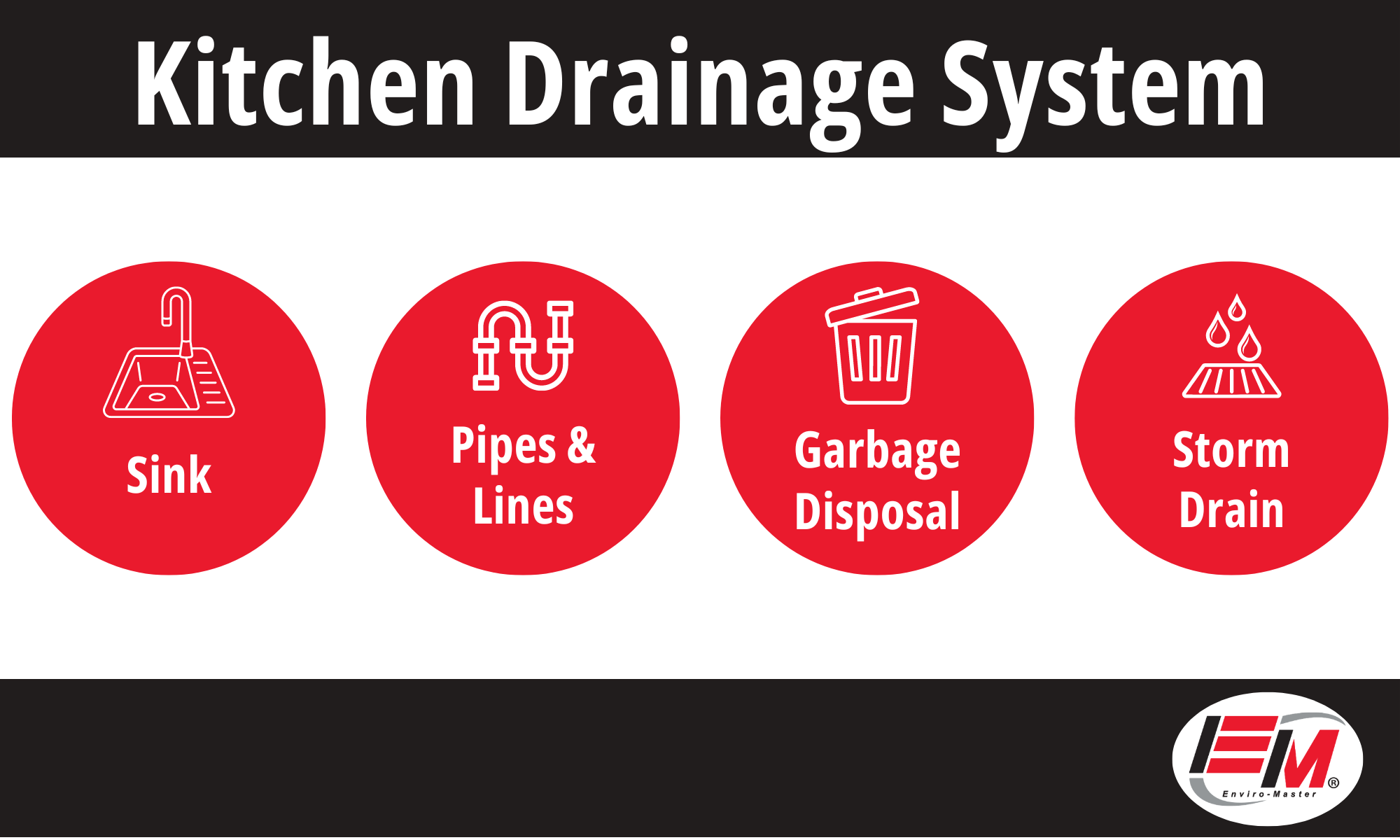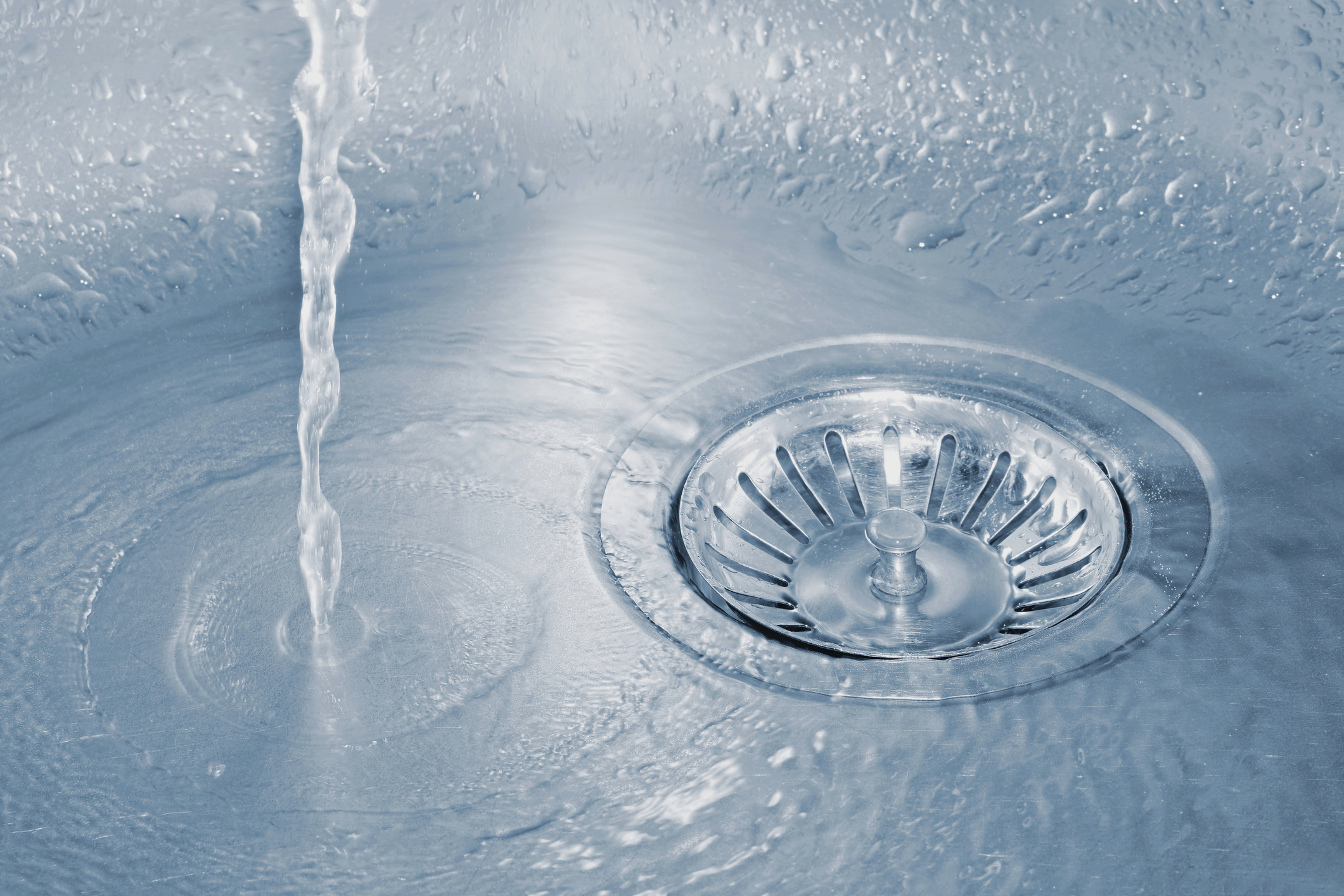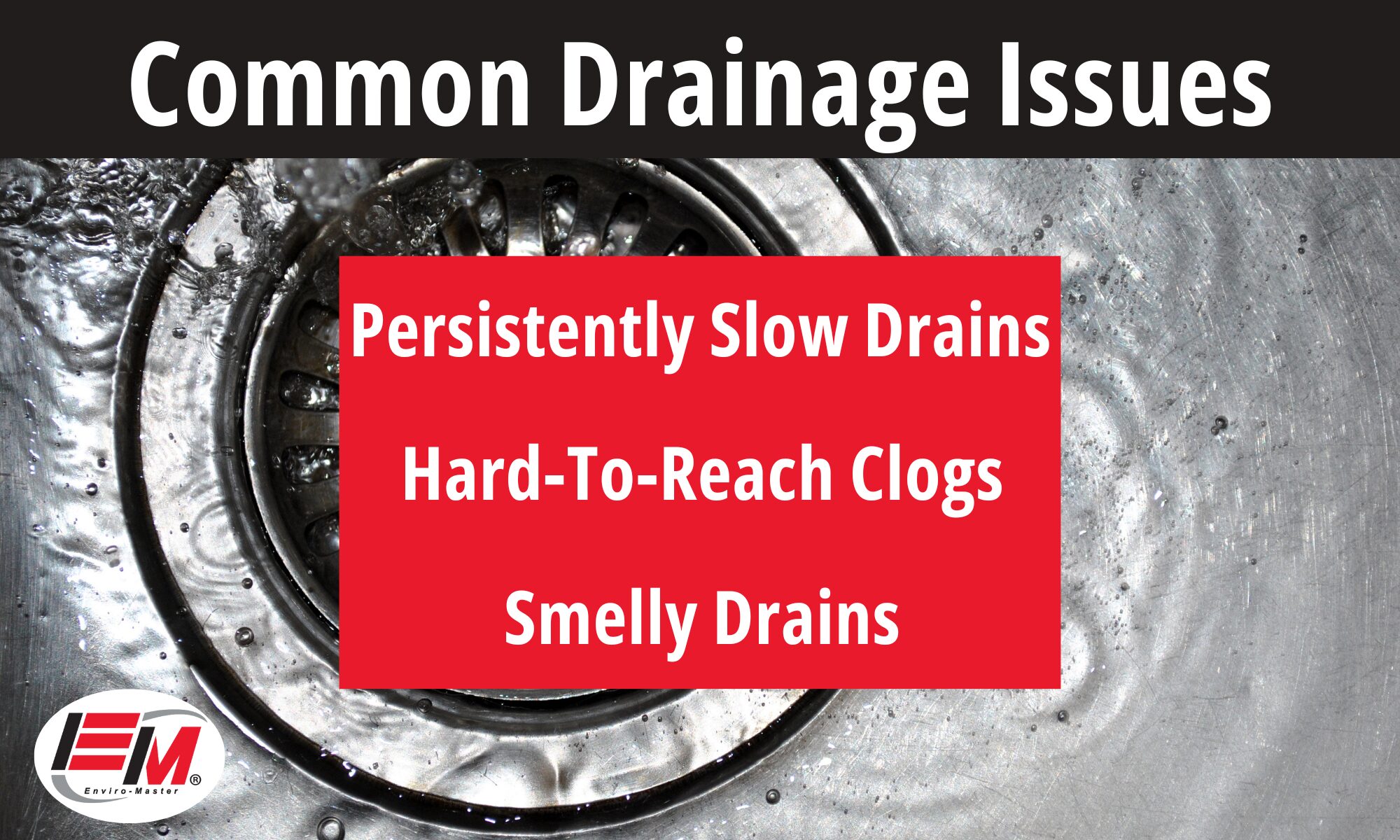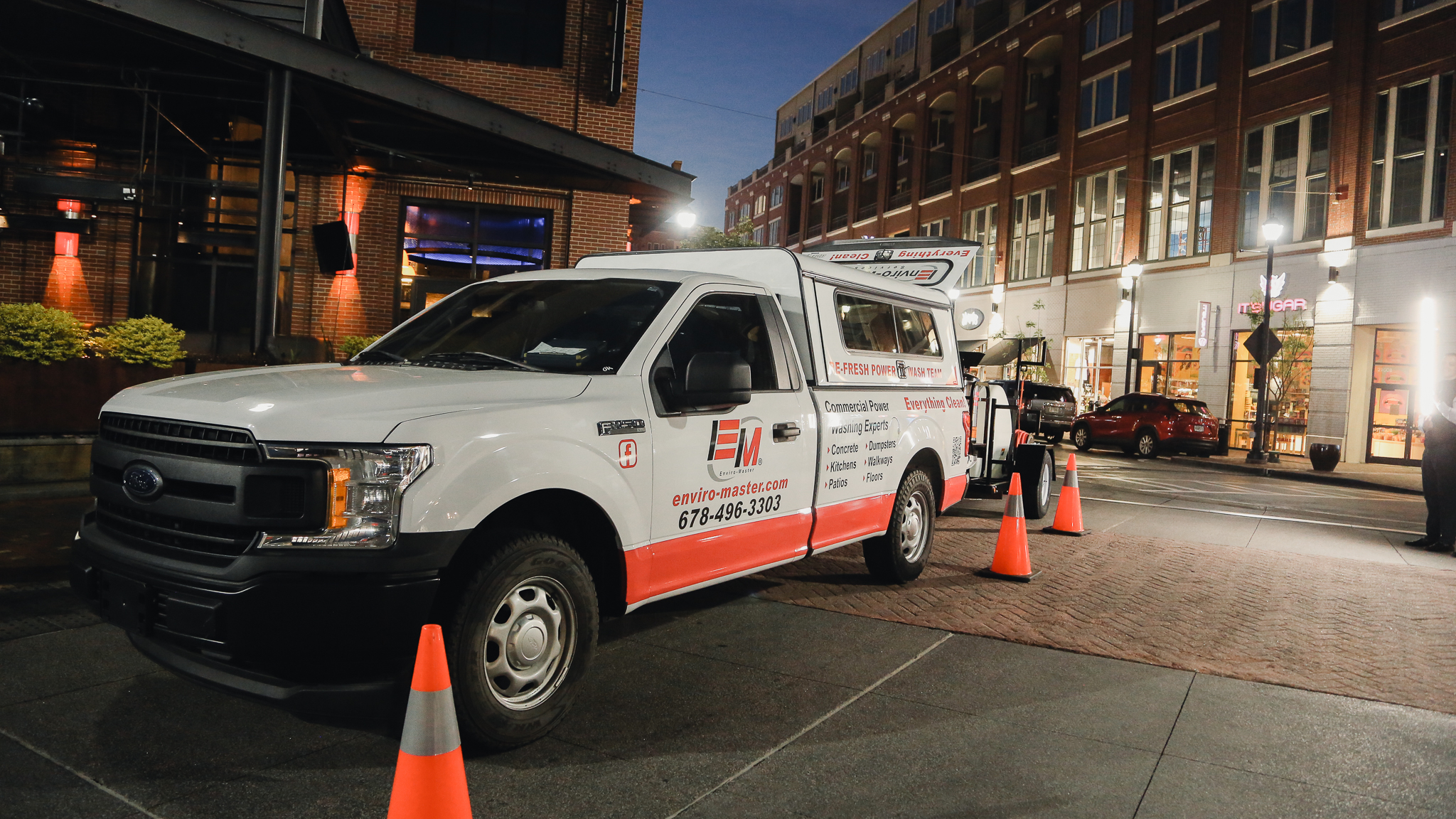Commercial kitchens are buzzing spaces, producing delicious meals and creating unforgettable dining experiences. However, behind the scenes, a less appetizing activity is going on – the production of grease, food particles, and other debris. This unwanted byproduct of the food industry can wreak havoc on a commercial kitchen’s plumbing system, leading to clogged drains, backups, and other plumbing issues. To avoid such inconvenience, a well-maintained drain system is indispensable for smoother operations.
Drain cleaning tips are indispensable for upkeeping the plumbing system to avoid clogs, and backups in commercial kitchens. A clogged drain is far from just a minor inconvenience. Left untreated, it can cause serious damage to the plumbing system and create an unhealthy workspace, affecting the kitchen’s operations and eventually, the business’s bottom line. Confronting a stubborn clog in a sink drain or grease clog from the garbage disposal or even an obstructed storm drain can be a daunting task. But with our expert advice, you can prevent many of these plumbing issues from ever occurring, saving you time and costly repairs.
Understanding Your Kitchen Drainage System
The plumbing system of a commercial kitchen is a complex network of pipes and drains. At its core, this network includes key components like the kitchen sink, garbage disposal, drain pipes, drain lines, sewer lines, and more recently, storm drains. Each component has a distinct role within this system, and understanding them can help you identify and mitigate potential issues before they evolve into serious problems.
Kitchen Sink
The kitchen sink, one of the most frequently used components, typically encounters the most misuse. It attracts everything, from leftover food particles and soap scum to grease and other stubborn substances. These materials can accumulate over time, causing slow-draining sinks or even a complete blockage.
Garbage Disposal
Adjacent to the kitchen sink is your garbage disposal, a device designed to shred food waste into tiny pieces. However, not all waste can be handled by garbage disposals. Fats, oils, and hard or fibrous materials, like tree roots, can cause damage or create stubborn clogs.
Drain Pipes and Sewer Lines
Drain pipes and lines, as well as the sewer line, are the channels through which water and waste flow out from your kitchen and bathroom sinks and even your bathtub drain. Blockages in these pipes, often due to the accumulation of grease, food waste, or soap scum, can lead to slow drains or severe backups.
Storm Drains
Finally, modern commercial kitchens also incorporate storm drains to manage runoff and rainwater. However, these drains can also become blocked with debris, leading to water-logging, which can damage the building structure and pose safety risks.
Each of these components presents its own set of challenges when it comes to cleaning and maintenance. For instance, a minor clog in the kitchen sink may only require a simple cleaning solution or a drain stick. In contrast, a stubborn clog in the sewer line could require more aggressive measures, often involving the expert assistance of a professional. Awareness of these nuances is the first step in managing your kitchen’s drainage system efficiently and effectively.
Expert Tips for Commercial Kitchen Drain Cleaning
Prevention is always better than cure, and nowhere is this truer than in commercial kitchen drain maintenance. Professional plumbers and cleaning experts often stress the importance of a well-executed preventive approach to save time, money, and the hassle of tackling a full-blown plumbing disaster.
Avoid Dumping Grease Down the Drain
A common kitchen practice that often leads to clogs is the dumping of grease down the drain. When hot, cooking grease flows easily; however, as it cools down, it solidifies and adheres to the sides of your drain pipes. Over time, this buildup narrows the drain pipe, eventually leading to a complete blockage. To prevent a grease clog, always dispose of cooking grease in a separate trash container.
Regularly Clean Your Drains
Regular drain cleaning is a crucial preventive measure for maintaining a smooth-running commercial kitchen. Consistent professional cleaning helps prevent clogs and backups that can disrupt operations and pose health risks. By establishing a routine maintenance schedule, you can ensure that all components of your drainage system are thoroughly cleaned and inspected. This proactive approach not only enhances the efficiency of your plumbing but also extends the lifespan of your fixtures and systems. Partnering with experts for regular drain cleaning ensures that your kitchen operates smoothly and safely, allowing you to focus on delivering exceptional dining experiences.
Install Strainers on Drain Openings
Drain strainers can prevent large food particles, debris, and other damaging elements from entering the drain system. However, remember to clean the strainers regularly to ensure proper water flow.
Educate Your Kitchen Staff
Education about the importance of drain maintenance and the correct use of kitchen appliances can make a big difference. Establish routines for your staff to clean strainers, drains, and garbage disposals regularly to prevent buildup and clogs.
While following these tips can significantly reduce the chances of encountering drainage issues, when a problem is beyond your control, you should not hesitate to seek professional help.
What To Do When Typical Solutions Don’t Work
In the world of commercial kitchens, you will sometimes face plumbing problems that defy regular maintenance practices. These issues can include hard-to-reach clogs, slow-draining sinks that persist despite your best efforts, and even smelly drains that hit you with an unpleasant odor each time you approach the sink. When you come across drain problems that seem resistant to your actions, it’s time to call in the experts. First, let’s examine the possible issues:
Persistently Slow Drains
A slow-draining sink, despite repeated cleaning efforts, could indicate a deeper problem. This could mean a buildup so deep within your drain line that regular cleaning practices are no longer effective.
Hard-To-Reach Clogs
Instances where the clog is not in the sink drain, but further down the drain line or even in the sewer line, may require more advanced tools like a plumbing snake or a drain rod.
Smelly Drains
Unpleasant odors emitting from your drain could signify a buildup of rotting food particles or other organic material. It could also indicate a problem with your sewer line.
When all else fails, it’s wise to call an expert. Professional cleaning services have the expertise and equipment to root out even the most stubborn clogs swiftly. Remember, property damage from overflowing sinks or sewer backups can be severe and expensive – delaying professional intervention could eventually cost you more.
Why Partner with Enviro-Master for Your Drain Cleaning Needs
Maintaining a clean and efficient drainage system is essential for the smooth operation of any commercial kitchen. We’ve explored the intricacies of kitchen plumbing, common clogging issues, and proactive measures to keep drains clear. Remember, regular cleaning and preventative practices can help you avoid costly repairs and ensure a safe working environment.
Partnering with Enviro-Master allows you to benefit from our expertise, state-of-the-art equipment, and tailored maintenance schedules, all designed to prevent clogs and backups. With our commitment to your satisfaction, you can focus on what you do best—running your restaurant.
If you’re ready to elevate your kitchen’s drainage system, contact Enviro-Master today and let us handle your drain cleaning needs!
